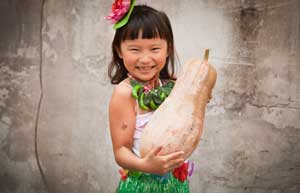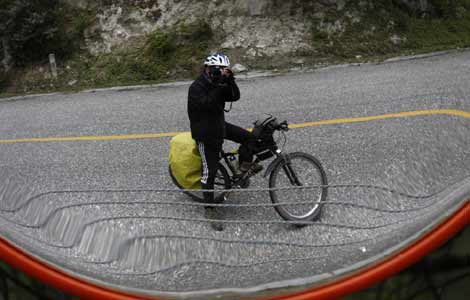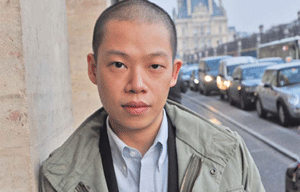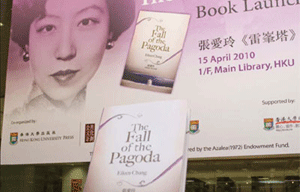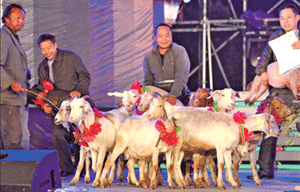Food is culture
Updated: 2011-09-29 15:31
By Cindy Gu (chinadaily.com.cn)
|
|||||||||
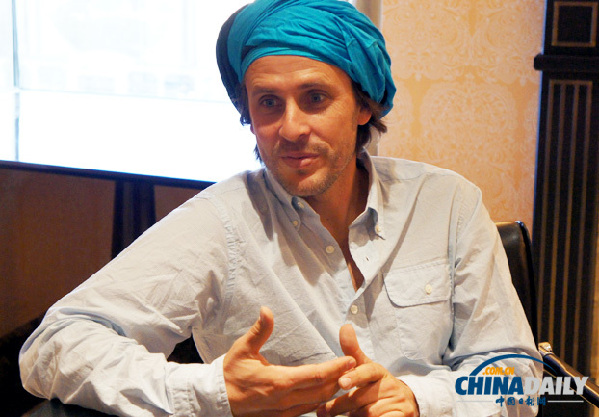 |
|
Celebrity chef Chakall sat down for an exclusive interview with chinadaily.com.cn on in The St. Regis Beijing on Sept 21, 2011. [Photo/chinadaily.com.cn] |
In an increasingly globalized world, cultures mix and races bond. Even so, not many chefs can successfully blend different cultures and present it as a single tasty dish. Celebrity Chef Chakall is someone who can.
Chakall, an Argentinean-born celebrity chef, is bringing the third unique culinary experiences to life at The St. Regis Beijing after two memorable taste seasons with Nawabs and Josh Emett. I was lucky enough to reserve an exclusive interview with the chef before the tasty journey took off.
Chakall was late for our appointment; he had been filming a TV show before getting stuck in a taxi on Beijing's second ring road. I flipped through his cookbooks as I waited at the business lounge on the 18th floor of The St. Regis Beijing.
The staff handed me four books, all written by Chakall himself, all with mouthwatering pictures of his recipes and all in different European languages that I could not comprehend. I was amazed by his talents in languages (he is hepta-lingual, as I later learned), but his charming personality quickly overrode that impression.
Wearing his signature turban – which he has on even when he cooks instead of the tall chef's hat – he put out his hands before me with a big smile and apologized for being late.
"I'm so sorry," he said. "I'm making a TV show here. Every time I come to China I make a series of TV shows. I was done filming, but I couldn't move with the traffic."
Chakall is now staring in a cooking show called "Walking Chopsticks", a title that fits what he's doing precisely – travelling around in China and cooking Chinese food.
"I made a series called 'Food on the Silk Road' two years ago. Now I'm making this series while traveling in China. I've already been to Ningxia (Hui autonomous region) and Guangdong province."
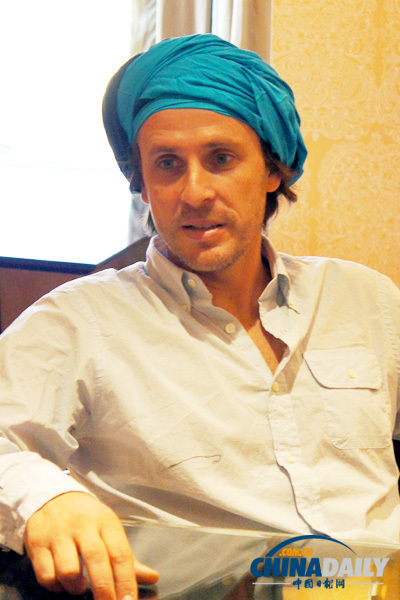 |
|
Celebrity chef Chakall sat down for an exclusive interview with chinadaily.com.cn on in The St. Regis Beijing on Sept 21, 2011. [Photo/chinadaily.com.cn] |
This is Chakall's third visit to China, and he says he's happy "just by being here."
"I love Chinese culture. It's so different from ours. I like the contrast, and I love Chinese food."
The world's view on China is changing, not just regarding business growth and national strength, but also on culture and food.
"Chinese food is often perceived as cheap food, and finding a good Chinese restaurant to dine in the west can be difficult. People have this stereotype that everything in the Chinese kitchen is fried, which is nothing but the truth," said Chakall, with his somewhat thick Argentinean accent.
"China has nearly 5,000 years of food culture, while in Europe, it's only 400 years. When the French thought they owned the culinary world, what they've really had is a mere three-centuries-long years of history."
"This is not comparable to that in China. It's at a totally different level. One is champion league, and the other second league."
As a fourth-generation chef in his family, cooking is in Chakall's blood. As a devoted traveler who has left footprints around the globe, he is open-minded and easily accepts tastes of the world.
Chakall's next major stop in the world is China, and his TV shows and books showcase his true-to-life experiences as a foreigner travelling in China to discover real Chinese food. By putting it up on the screen and down on paper, he hopes he can reverse the biased views on Chinese cuisine.
I am a firm supporter of this and hope that more can take off their colored lenses and see China for what it truly is and appreciate the real skills and essence of Chinese food.
"Food is culture," Chakall said.
China, with a long and aged history, is a country that does not lack profound culture and is an optimal playground for people with curious minds, just like Chakall himself.
"Food is born out of culture. Why do people eat lamb? Why can't they eat pork? Why do they use their hands or chopsticks or knives and forks to eat? It's all culture."
"Chinese food is gaining strength. It's getting more recognition around the world. I myself use a lot of Chinese ingredients in my dishes, including peppers I found in Sichuan province and northern China. I also love to steep tea with Ginseng," said Chakall.
In his eyes, food in China is a mystery that he hopes to unfold.
"I would walk into a supermarket here and I would not know 90% of the ingredients they sell. Most European chefs would feel the same. Your understandings of Traditional Chinese Medicine, the science behind food and the healthy diet is also something that Europeans lack. Perhaps that's why most Chinese people appear younger than they truly are."
In addition to making good food, he knows how to make a woman happy, I thought. Another point added to his score sheet.
Chakall's curiosity in culture and taste has brought him to where he is today. Or, maybe it's his background in journalism that gets his blood pumping whenever he sees new things. Without a doubt, China is a place that can satisfy his insatiable appetite of curiosity. Maybe that's why he's happy "just by being here."

